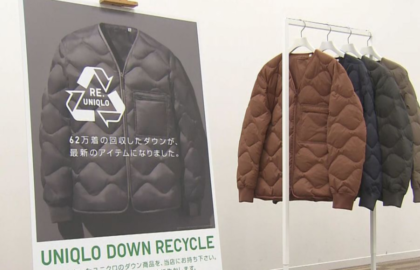Amazon founder Jeff Bezos has pledged $2 billion at COP26 as part of The Bezos Earth Fund’s $10 billion commitment to fund programs supporting land restoration and food systems transformation.
Grants from the fund will be disbursed by 2030 and will target efforts worldwide focusing on Congo Basin, tropical Andes, and the tropical Pacific Ocean regions.
“Our commitment today supports a three-fold imperative – we must conserve what we have, restore what we’ve lost, and grow what we need in harmony with nature,” said Bezos. “Investing in nature through both traditional and innovative approaches is essential to combat climate change, enhance biodiversity, protect the beauty of the natural world, and create a prosperous future.”
One billion dollars in funding will initially focus on Africa, and together with the US Restoration efforts, will include tree planting on degraded landscapes, restoration of grasslands, and integrating trees into farmland. The funding will also partner with the African Forest Landscape Restoration Initiative (AFR100) to deliver these projects at scale.
In the US, the funds will be used to restore an estimated 20 landscapes to improve carbon levels and protect biodiversity, with 40 per cent of funds allocated will directly benefit and engage underserved communities.
The other $1 billion will be allocated to support developing agriculture systems to support life without harming the planet. The range of imperatives includes raising crop yields while shrinking agricultural footprint, reducing food loss and waste, shifting to plant-based sources, and improving the sustainability of supply chains.
“We cannot rely only on governments, philanthropy, and NGOs to fix the climate crisis,” Bezos added.
Each year, Amazon delivers an estimated 7 billion packages in plastic and generates nearly 465 million pounds of waste. The plastic film currently used in Amazon packaging is not recyclable, Oceana reports.
According to the company’s latest sustainability report, its activities emitted the equivalent of 60.64 million metric tons of carbon dioxide. A 15 per cent increase from last year’s 51.17 million metric tonnes.



